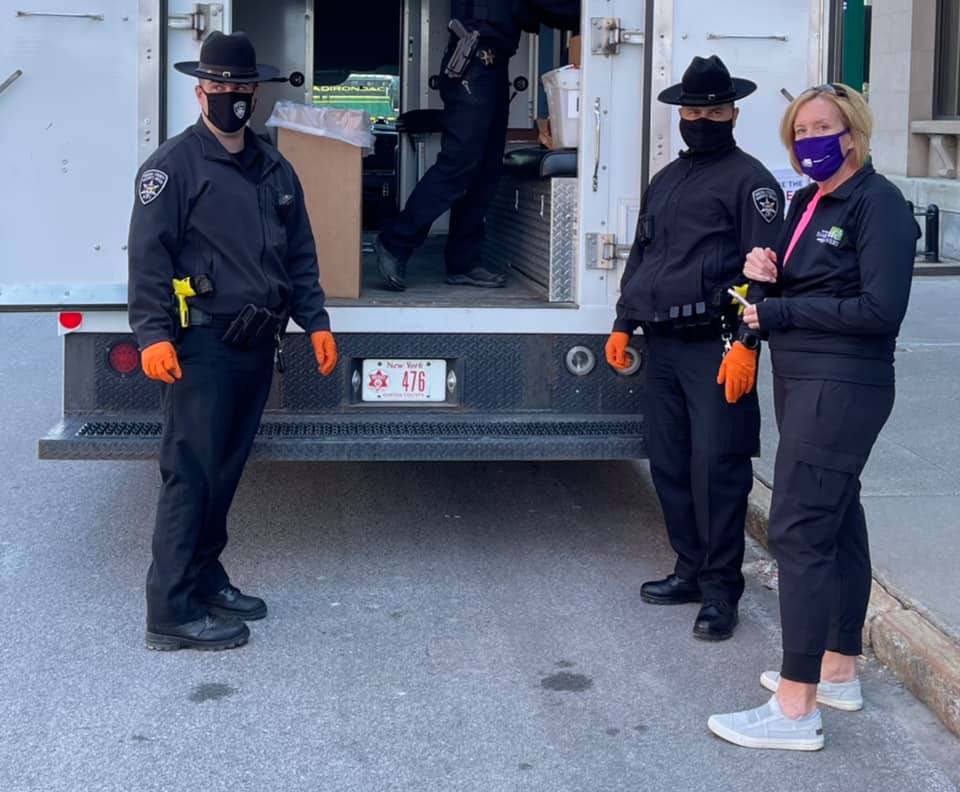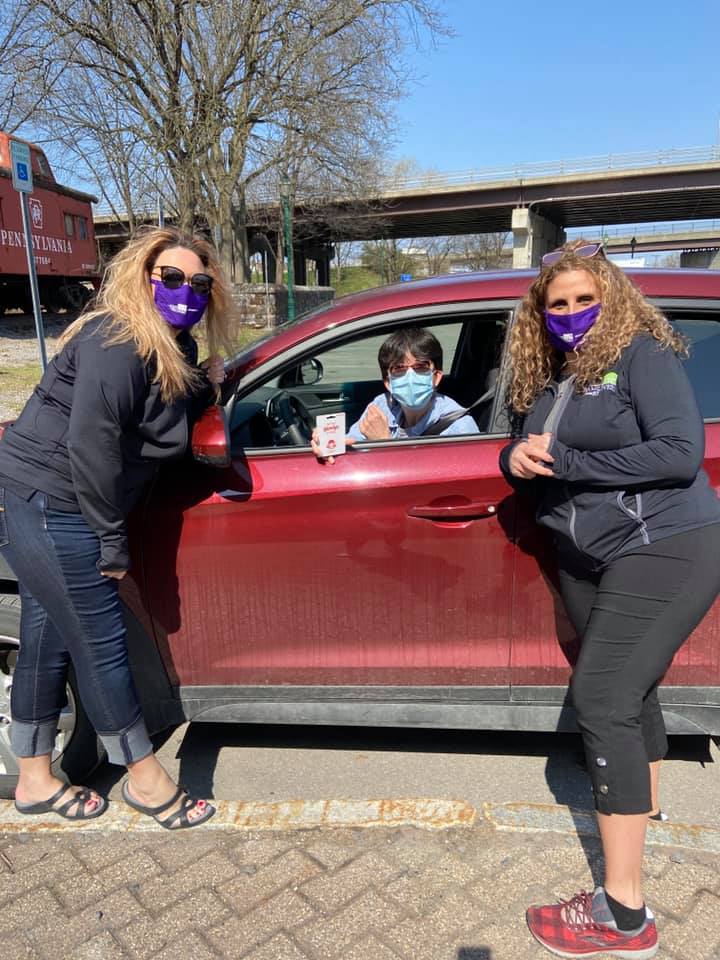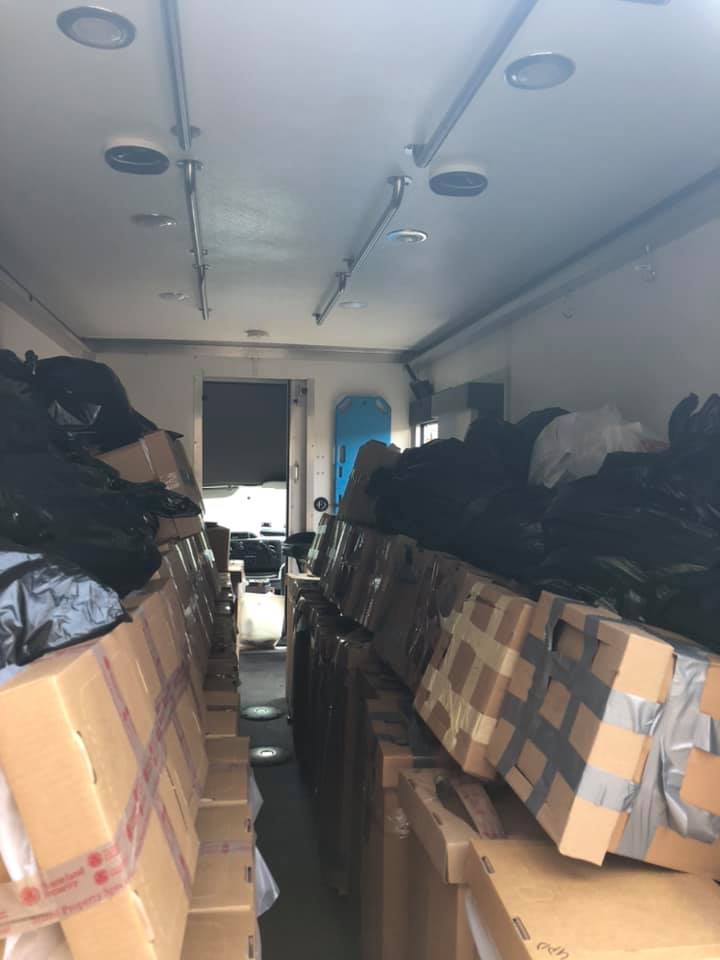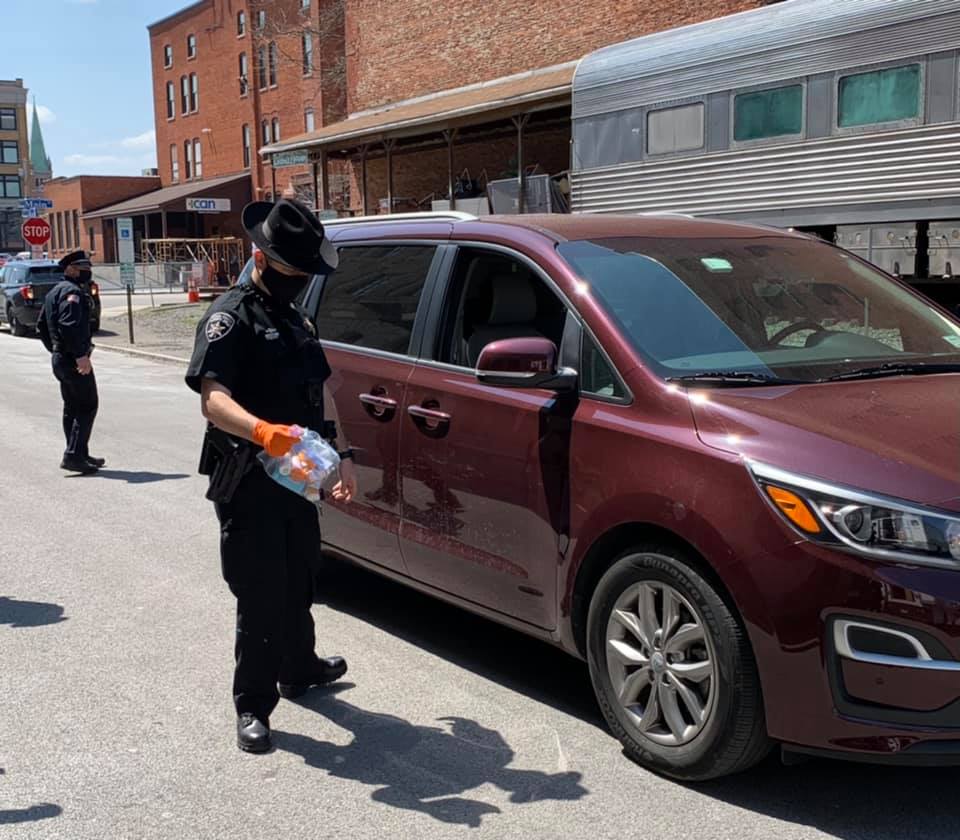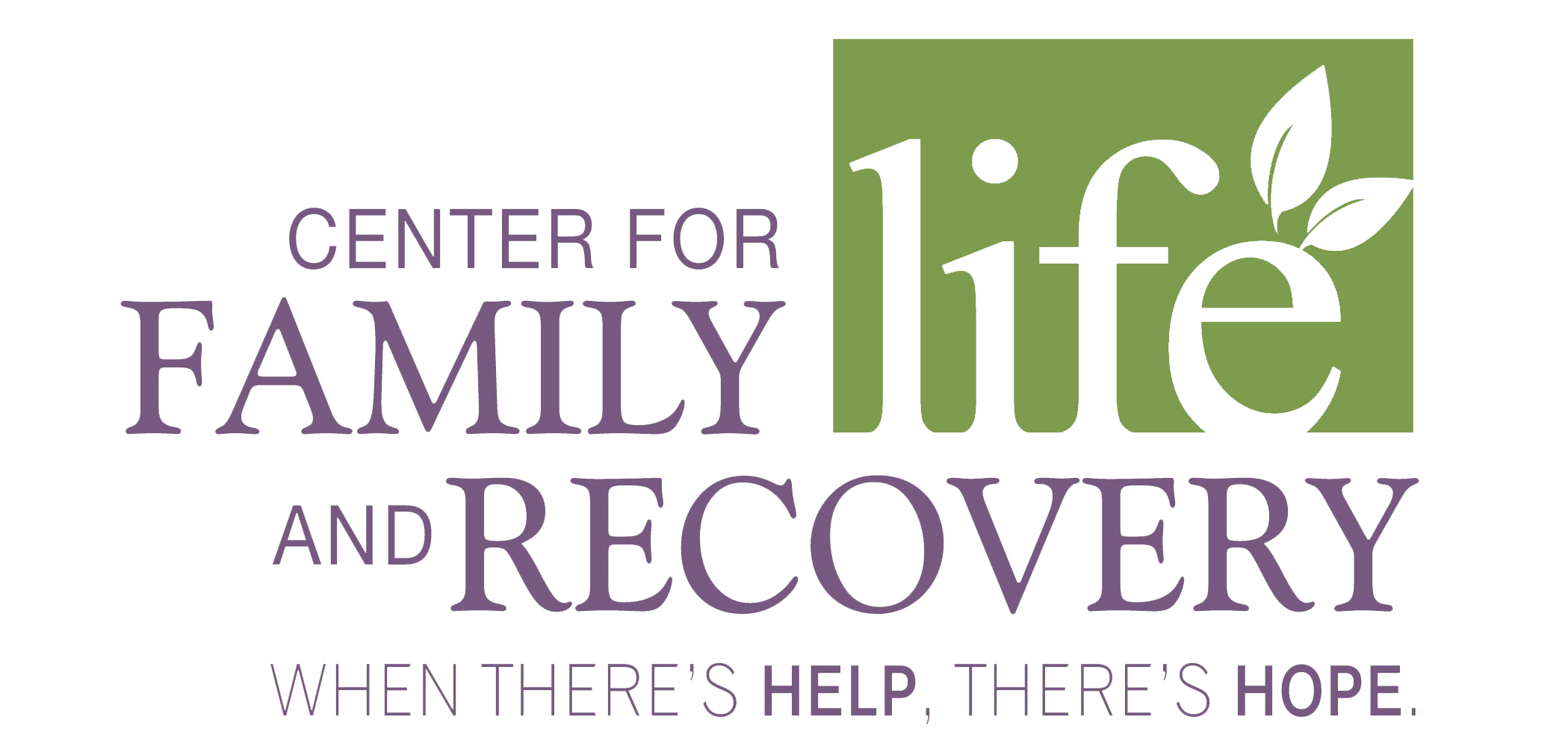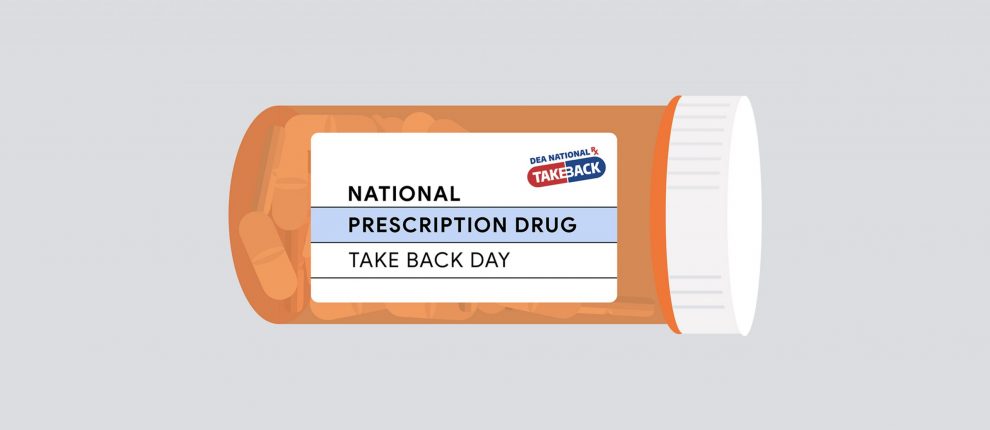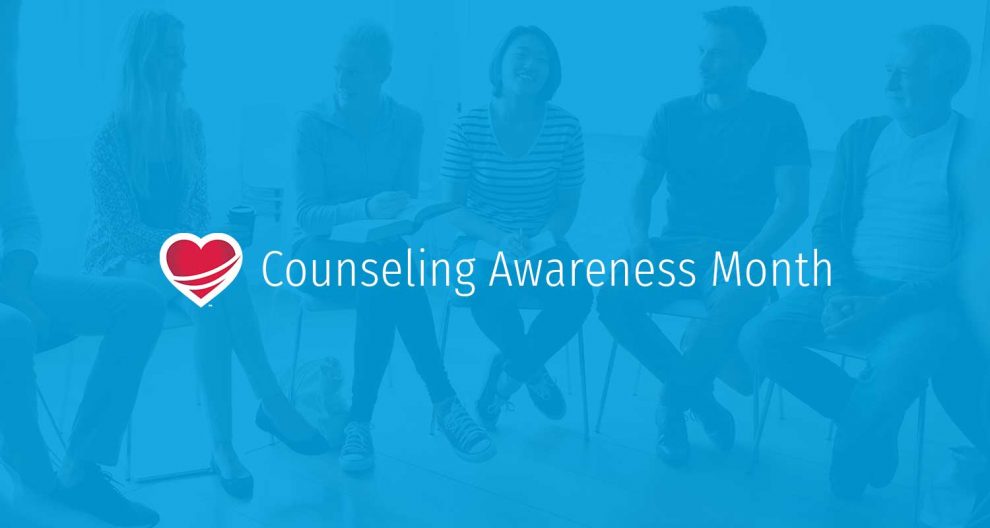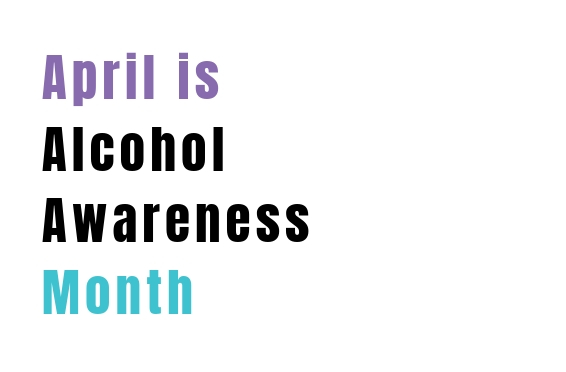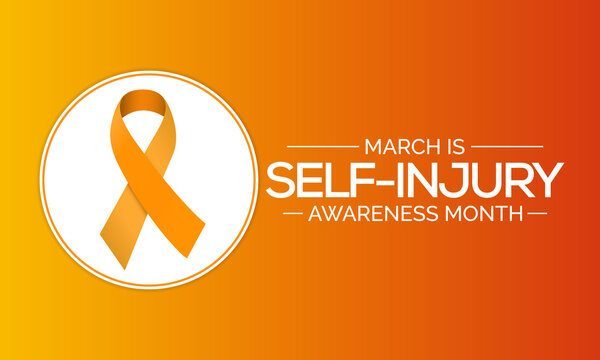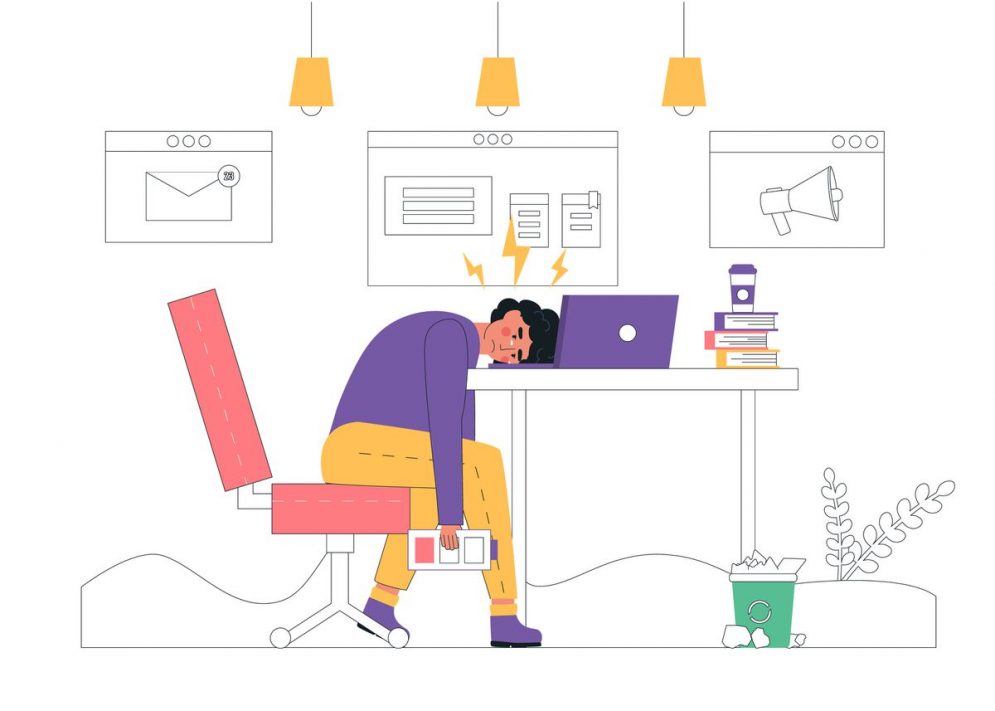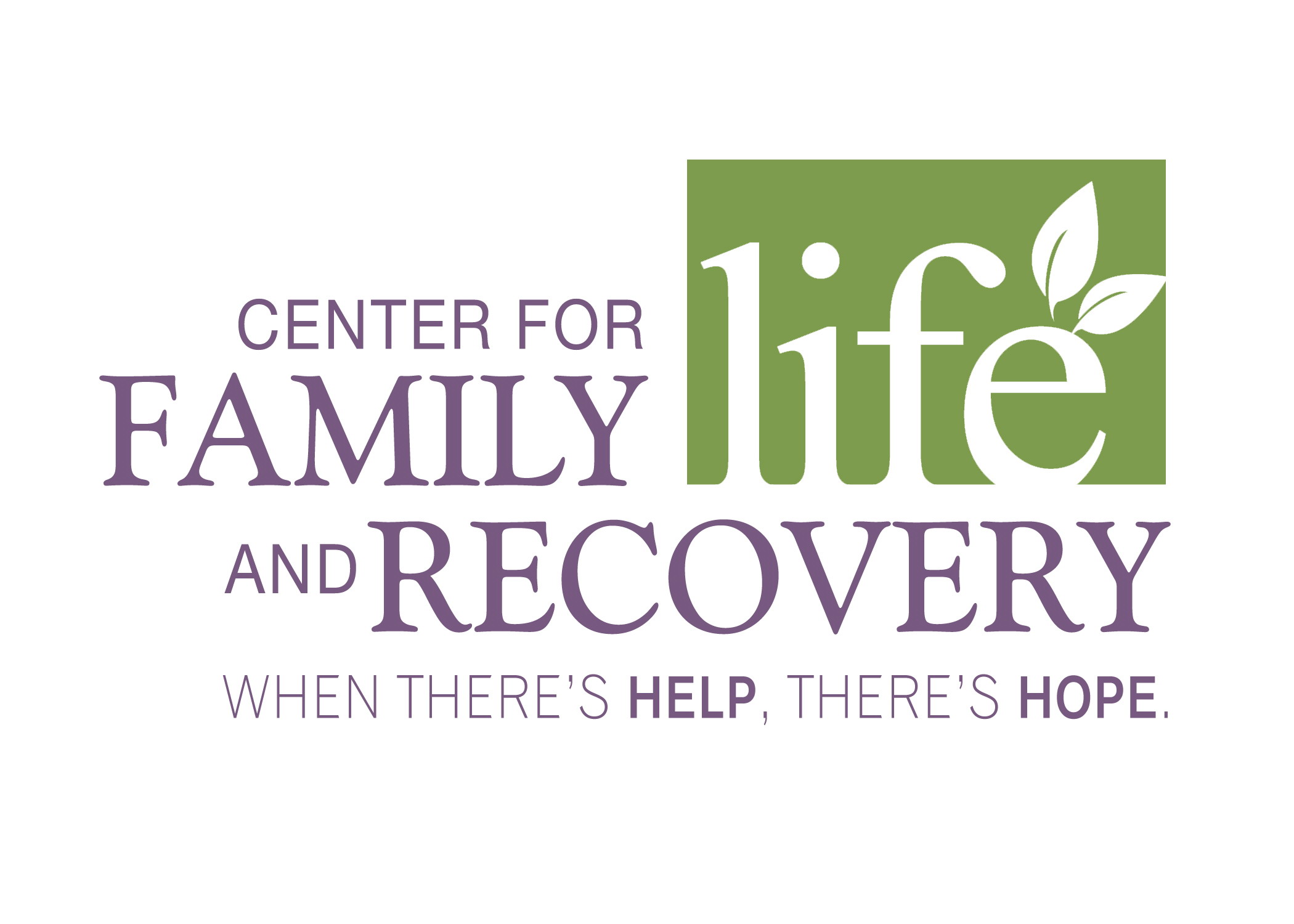April 24th is National Take Back Day.
CFLR will be partnering with Oneida County Opioid Task Force, Oneida County Sheriff Dept. and ACR Health to host a drug take back event at the Oneida County Train Station from 10am - 2pm on April 24th. This drive-through event is CDC compliant with all COVID regulations. Participants are asked to stay in their vehicles and follow signs to drop off their meds and to wear masks at all times. All participants will be given a Hope bag.
With opioid overdose deaths increasing during the pandemic, the Drug Enforcement Administration announces its 20th Take Back Day is scheduled for April 24th. At its last Take Back Day in October, DEA collected a record-high amount of expired, unwanted, and unused prescription medications, with the public turning in close to 500 tons of unwanted drugs. Over the 10-year span of Take Back Day, DEA has brought in more than 6,800 tons of prescription drugs. With studies indicating a majority of abused prescription drugs come from family and friends, including from home medicine cabinets, clearing out unused medicine is essential.
According to the Centers for Disease Control and Prevention, the U.S. has seen an increase in overdose deaths during the COVID-19 pandemic, with 83,544 Americans overdosing during the 12-month period ending July 1, 2020, the most ever recorded in a 12-month period. The increase in drug overdose deaths appeared to begin prior to the COVID-19 health emergency but accelerated significantly during the first months of the pandemic.
The public can drop off potentially dangerous prescription medications at collection sites which will adhere to local COVID-19 guidelines and regulations in order to maintain the safety of all participants and local law enforcement.
DEA and its partners will collect tablets, capsules, patches, and other solid forms of prescription drugs. Liquids (including intravenous solutions), syringes and other sharps, and illegal drugs will not be accepted. DEA will continue to accept vaping devices and cartridges at its drop off locations provided lithium batteries are removed.
Helping people dispose of potentially harmful prescription drugs is just one way DEA is working to reduce addiction and stem overdose deaths.
Learn more about the event at www.deatakeback.com, or by calling 800-882-9539.
Some pics from the day!
